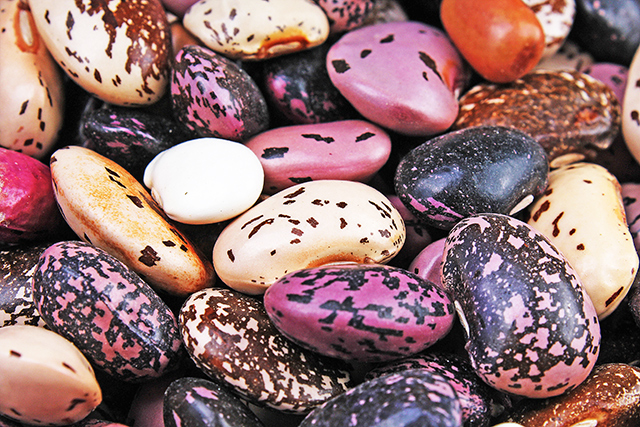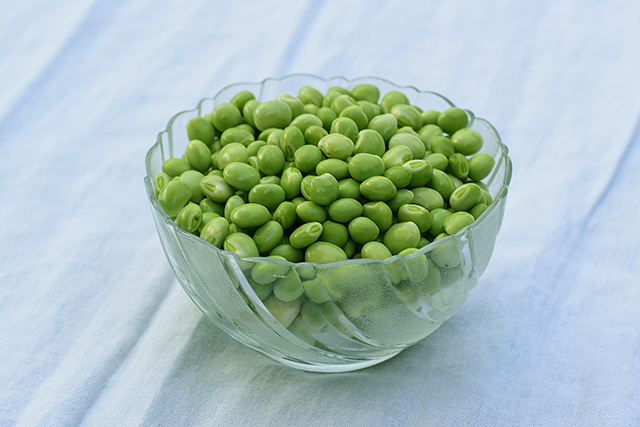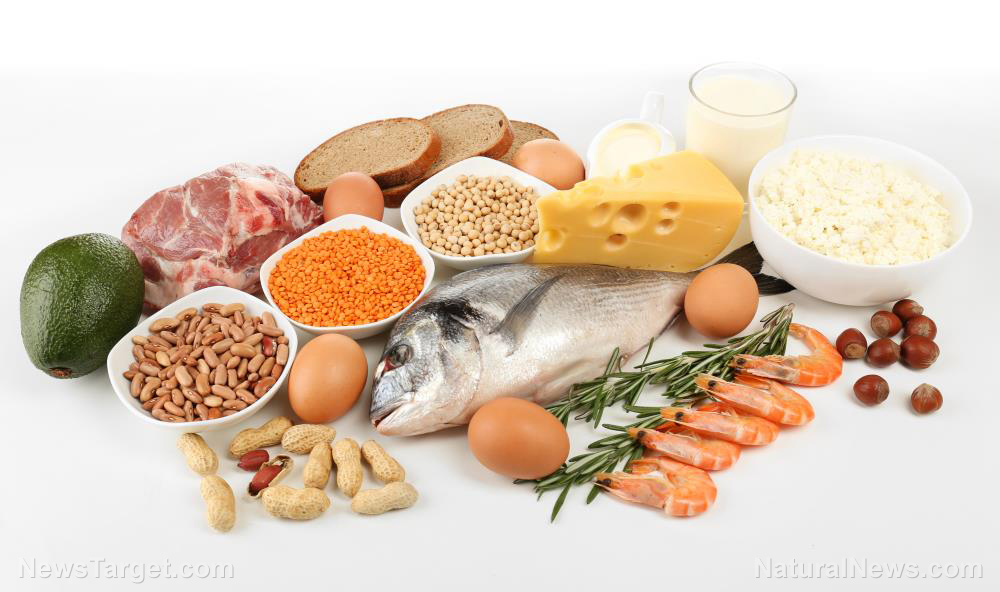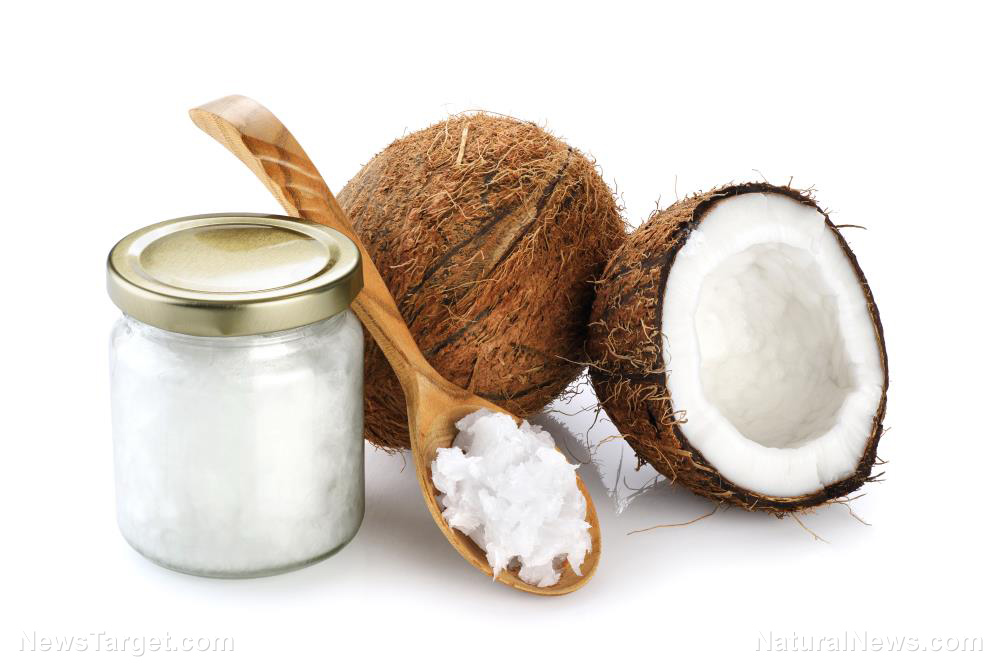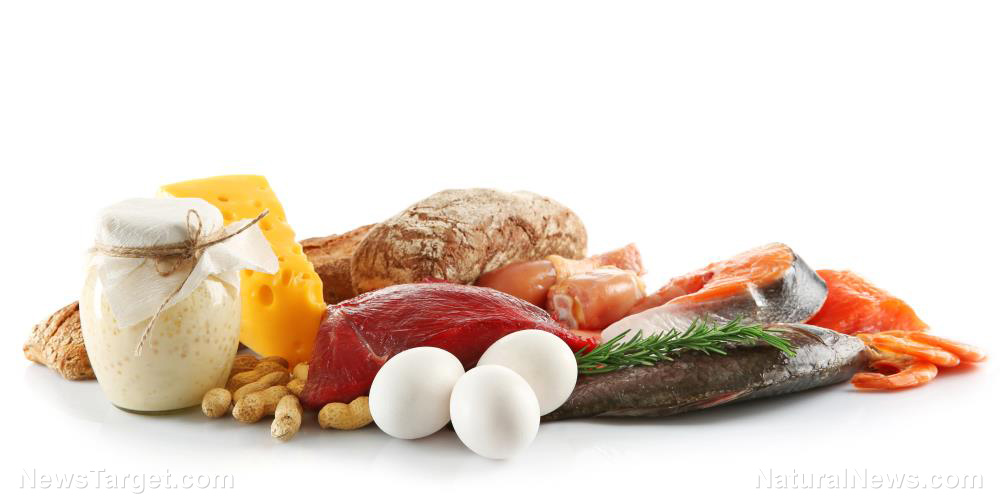Consuming dairy foods, red meat and processed meat at key life stages has varying health implications, according to study
06/04/2019 / By Evangelyn Rodriguez

Different life stages can be linked to different nutritional and dietary challenges. For instance, in the U.K., there is reduced consumption of milk and red meat observed in both teenage girls and young women. This decrease may be due to them considering both as fattening; but the consequence of this insufficient consumption is a deficiency in key nutrients, such as calcium, iodine, and iron. To address this issue and provide people with proper information about which foods to avoid and which foods they should eat, Ian Givens, a researcher from the University of Reading in England, examined the role of dairy and red meat at key life stages in terms of their ability to reduce or increase chronic disease risk. The review, which focuses on the associations between dairy foods, red meat and processed meat, and various cancers, was published in the journal Animal.
Consumption of dairy products reduces risks of cancer, diabetes, and stroke
According to Givens, life expectancy in the U.K. has become higher than 80 years, with an even greater proportional increase in those aged 85 and above due to social and health care provisions. However, while people indeed live longer, the rising obesity rate also increases their risk of chronic diseases, such as Type 2 diabetes. This disease, in turn, elevates their risk of developing heart problems and suffering from a stroke. This may be one of the reasons why there is a considerable reduction in the consumption of dairy products – which some people consider to be fattening – especially among young women.
Today, teenage girls consume insufficient amounts of milk, which prevents them from getting enough calcium and iodine. Calcium is necessary for proper bone development, while iodine is essential for metabolism and the smooth functioning of the thyroid gland. In young women, especially pregnant ones, intake of iodine is important to ensure that the supply of thyroid hormones to their unborn children is adequate. Low iodine levels in mothers during pregnancy is linked to poor mental development in young children.
Over the years, several studies have disproved the assumption that consuming milk and dairy products increases the risk of some long-term diseases. After working with large numbers of people, they have found no evidence that these foods contribute to the development of cardiovascular diseases. If anything, eating large amounts of dairy food can reduce the risks of stroke and cancer in the large intestine and rectum. Yogurt, which is produced through bacterial fermentation of milk, can also decrease the risk of Type 2 diabetes. There is no link between increased intake of milk and breast cancer, so women should have no fear of consuming dairy food products.
Editor’s note: Artificially altered dairy products such as homogenized, pasteurized cow’s milk, should always be avoided and present a different risk to human health. Unprocessed milk — raw milk — is more compatible with human digestion and physiology, since its molecules and digestive enzymes remain intact.
Consumption of meat, especially processed meat, increases the risk of certain types of cancer
Many young and pre-menopausal women also have sub-optimal intakes of iron due to reduced consumption of red meat. And because eating meat has long been associated with the development of cancer, a decrease in meat consumption is inevitable as well as understandable. Recent reports from the World Cancer Research Fund International and American Institute for Cancer Research have shown more evidence supporting previous studies. Including large amounts of red meat and processed meat in a person’s diet increases his or her risk of developing colorectal cancer. In particular, the risk linked to the consumption of processed meat is twice that of red meat.
Despite the abundance of evidence, some studies suggest it is not the meat itself, but the harmful compounds formed while cooking it, that increase the risk of cancer. The National Cancer Institute mentions polycyclic aromatic hydrocarbons (PAHs) and heterocyclic amines (HCAs) as the most likely causes of cancer. PAHs and HCAs are formed when muscle meats (beef, pork, fish, or poultry) are either pan-fried or grilled directly over an open flame. PAHs and HCAs are mutagenic agents, which means they cause DNA mutations that increase the risk of cancer.
How to eat meat without fear of PAHs and HCAs
It is not only meat that forms harmful chemicals when cooked. Other healthy foods may also produce unwanted substances when cooked at high temperatures. To ensure that meat doesn’t form cancer-causing chemicals, follow these tips:
- Use gentler cooking methods like stewing or steaming.
- Marinate your meat using ingredients that can reduce HCAs, such as garlic, olive oil, and red wine.
- If you need to use excessive heat, flip the meat frequently.
- Avoid eating charred or smoked meat.
- Do not cook meat directly over the flame.
Consuming milk and red meat is not harmful to the health, as long as people choose raw milk and organic red meat. Clean raw milk from grass-fed cows is healthier and provides more amino acids and beneficial enzymes, while choosing organic red meat ensures that the meat came from animals that grew without the aid of growth hormones or antibiotics.
Sources include:
Tagged Under: alternative medicine, anti-diabetes, breast cancer, calcium, cancer, cancer risk, cardiovascular disease, chronic diseases, clean food, Colorectal Cancer, dairy foods, dairy products, diabetes, diet, disease treatments, fermented dairy products, food cures, food functionality, food is medicine, food production, functional food, heart health, iodine, iron, life expectancy, longevity, meat consumption, milk, milk consumption, natural cures, natural medicine, nutrients, nutrition, organic red meat, prevention, processed meat, raw milk, red meat, research, Type 2 Diabetes, vitamin deficiency, yogurt
RECENT NEWS & ARTICLES
COPYRIGHT © 2017 PREVENTION NEWS

